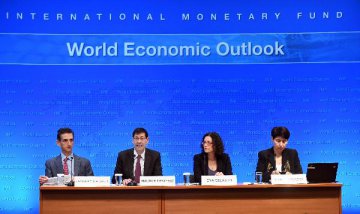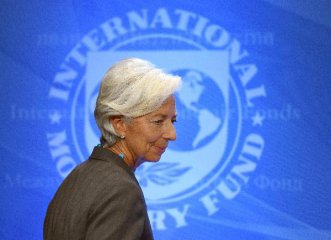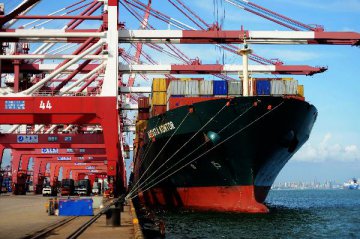
International Monetary Fund (IMF) on Thursday warned of persistent high vulnerabilities for low income developing countries in face of the low commodity prices.
Low income developing countries have experienced incomplete adjustment to the new world of "lower for long" commodities prices, with many commodity exporters still far from a sustainable macroeconomic trajectory, said the IMF in its latest report.
According to its research, the IMF found that, with the sharp adjustments of commodity prices into its third year, many commodity exporters remained under significant economic stress, with sluggish growth, large fiscal imbalances, and weakened foreign reserve positions.
The average output growth of the fuel exporters dropped to -1.6 percent by 2016 from 5.7 percent in 2014; the non-fuel commodity exporters experienced much milder growth shock with its average growth slowing to 3.8 percent by 2016 from 5.3 percent in 2014; while diversified exporters have mainly benefited from the adjustment of commodity prices, with growth running at 6 percent or above in many countries.
In face of the sluggish growth, two thirds of the commodities exporters were facing high macroeconomic vulnerabilities, said the IMF.
It estimated that more than half of commodities exporters were facing an elevated risk of financial sector stress over the next 18 months, which could result in bank failures and supervisory interventions, and one quarter of low income countries are currently assessed to be at high risk of external debt distress.
IMF called on low income countries to strengthen financial sector supervision, improve fiscal risk management and promote infrastructure investment to increase productivity.






















Latest comments